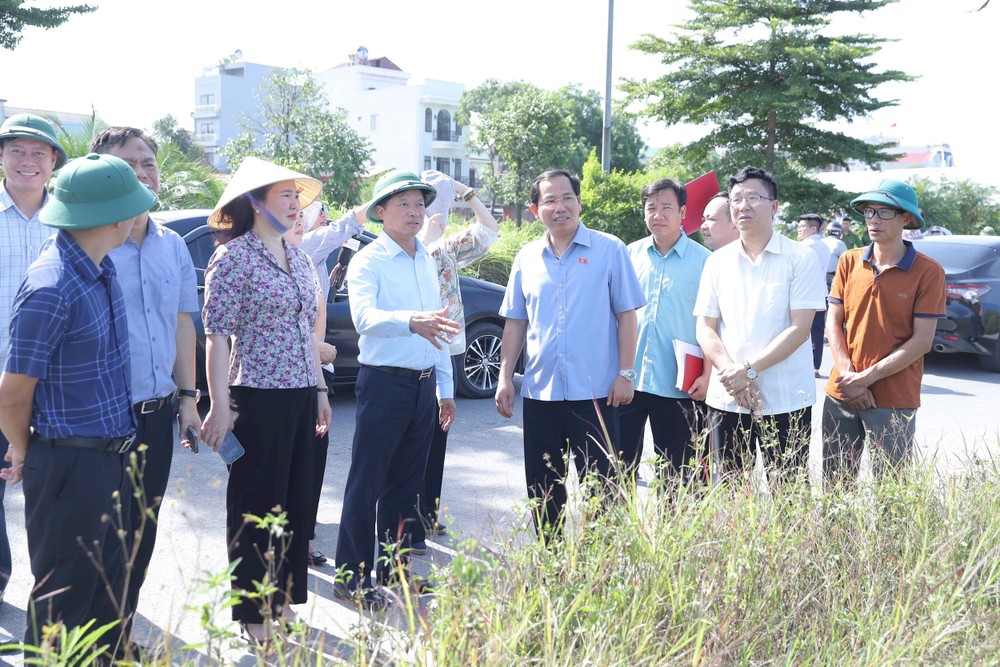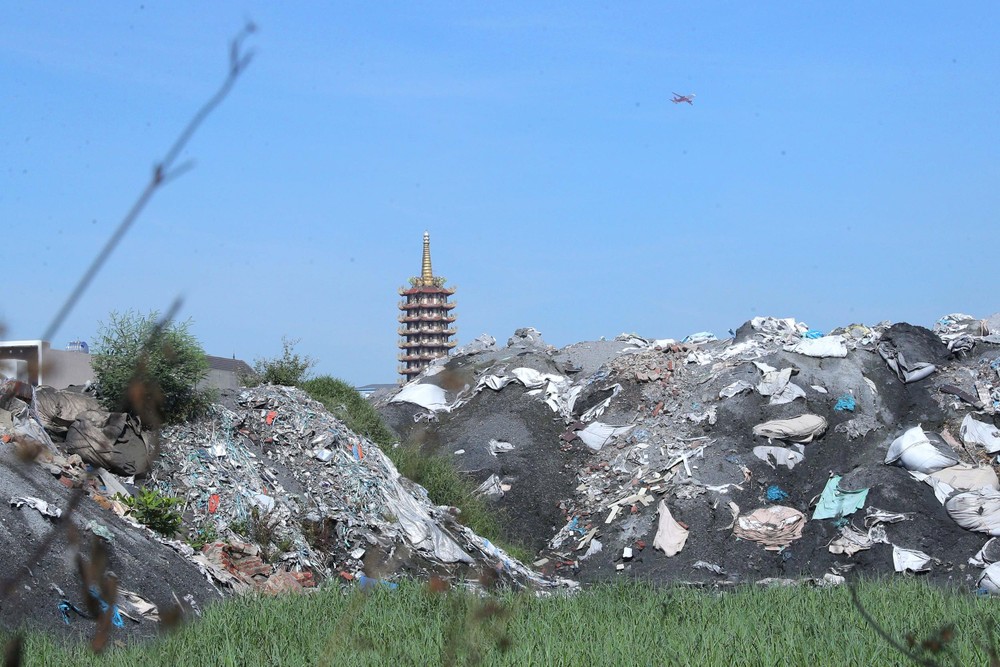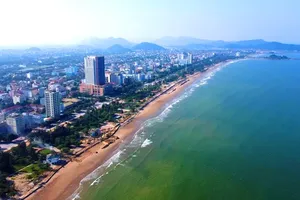
Working Group No.3 of the National Assembly's supervisory delegation for the thematic review “Implementation of Environmental Protection Policies and Laws since the 2020 Law on Environmental Protection Took Effect” conducted a field survey at Man Xa Craft Village Industrial Cluster and the Yen Phong Industrial Park in Bac Ninh Province on August 4.
Inspecting the waste storage site in Man Xa, Mr. Le Quang Manh, Head of the delegation and Standing Vice Chairman of the National Assembly's Economic and Financial Committee, acknowledged that solid waste management in traditional craft villages remains a major challenge. The 400,000 tons of accumulated slag are mostly aluminum smelting byproducts from the village’s recycling activities.
According to provincial leaders, localities are unable to proceed with treatment plans due to the lack of technical and pricing benchmarks from the Ministry of Construction, which are necessary to legally implement disposal solutions.

Man Xa is the largest aluminum recycling craft village in Northern Vietnam, home to over 300 household businesses. While aluminum casting has provided high incomes for locals, it has also left behind serious environmental consequences over the years.
Later that day, the delegation visited Yen Phong Industrial Park and held a working session with Orion Vina Food Co., Ltd. A company representative shared that the plant, operational since 2009, spans 115,000 square meters and currently runs 25 production lines, generating an annual output valued at US$361 million.
In terms of environmental protection, Orion Vina has invested in a standard-compliant wastewater treatment system, installed rooftop solar panels, and is building a central energy monitoring room scheduled to launch in Q1 2026. The company is also gradually shifting from fossil fuels to biomass and transitioning from LPG to LNG. It has reduced the use of chemical inks in packaging by adopting laser printing and is promoting packaging recycling efforts.
Currently, environmental costs account for roughly 3 percent of the product price. However, instead of increasing retail prices, the company has opted to cut costs in other areas to maintain business efficiency and support sustainable development.
























